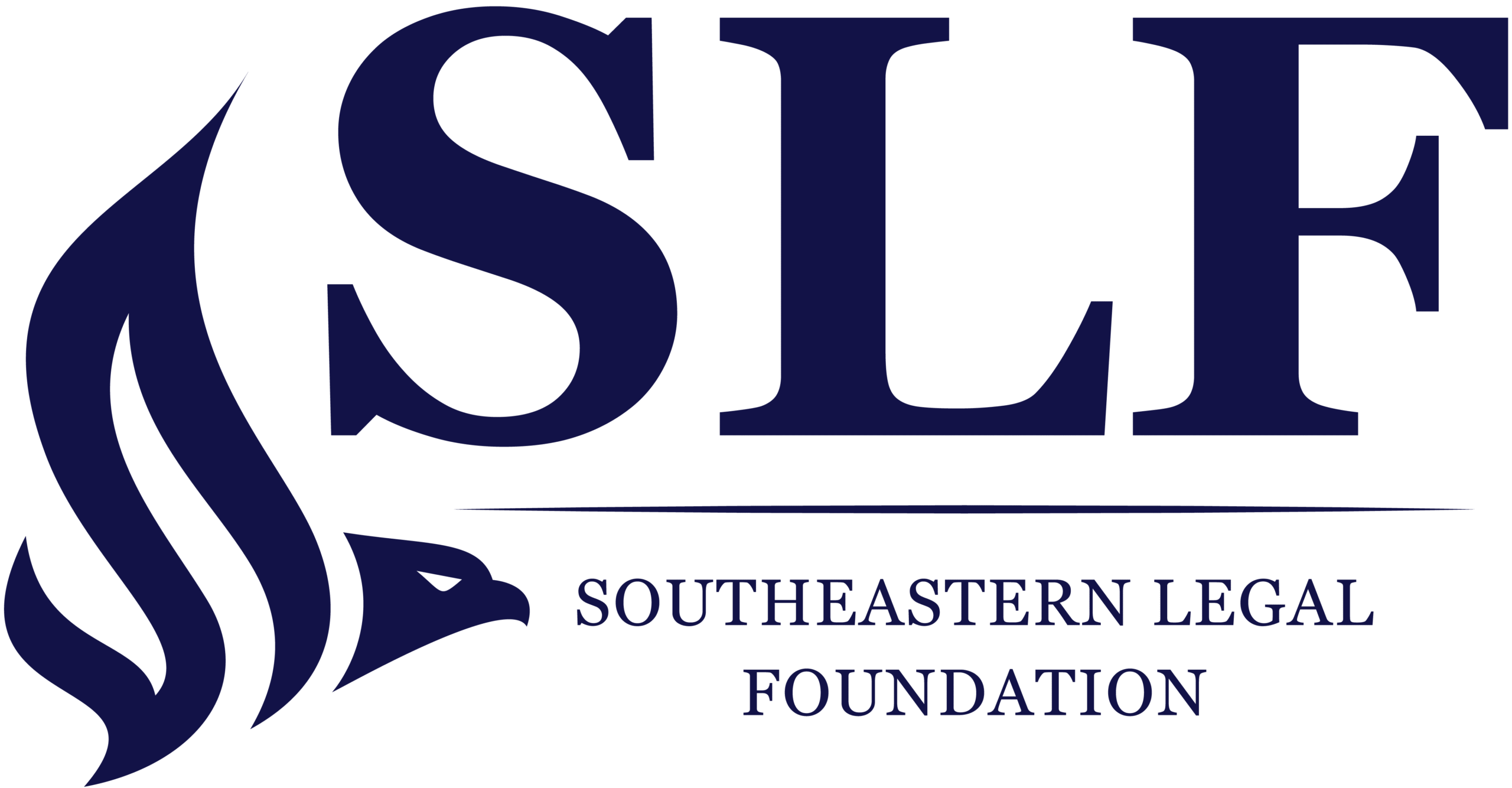Southeastern Legal Foundation filed a lawsuit on behalf of dozens of United States Congress members, industry associaitons, companies, and think tanks challenging perhaps the most audacious seizure of pure legislative power over domestic economic matters attempted by the executive branch since the 1950’s. The EPA has assumed for itself the authority to promulgate greenhouse-gas emission standards for new motor vehicles and stationary sources subject to the Clean Air Act. But recognizing that it lacked legal authority to do this, it tried to tailor the rules – essentially trying to fit a square peg in a round hold.
Read More
EPA’s assumption of authority to “tailor” stationary source permitting to target a select universe of greenhouse gas (GHG) emitters on a scale and schedule of the Agency’s own choosing directly contravenes the carefully chosen numerical permitting thresholds mandated by Congress in the Clean Air Act. This action is an unabashed assault on the foundational structure of the Constitution. In SLF’s lawsuit, it asked the Supreme Court to confront EPA’s executive overreach and firmly invalidate it.
The United States Supreme Court granted SLF’s petition for certiorari and held argument on whether EPA permissibly determined that its regulation of greenhouse gas emissions from new motor vehicles triggered permitting requirements under the Clean Air Act for stationary sources that emit greenhouse gases.
In a landmark win for SLF and its clients, the Supreme Court held that the EPA “lacked authority to “tailor” the Act’s unamiguous numerical thressholds to accomodate its greenhouse-gas-inclusive interpretatin of the permitting triggers.”
Justice Scalia then famously declared that
“to regulate millions of small sources—including retailstores, offices, apartment buildings, shopping centers, schools, and churches—and to decide, on an ongoing basis and without regard for the thresholds prescribed by Congress, how many of those sources to regulate. We are not willing to stand on the dock and wave goodbye as EPA embarks on this multiyear voyage of discovery. We reaffirm the core administrative-law principle that an agencymay not rewrite clear statutory terms to suit its own sense of how the statute should operate.”
